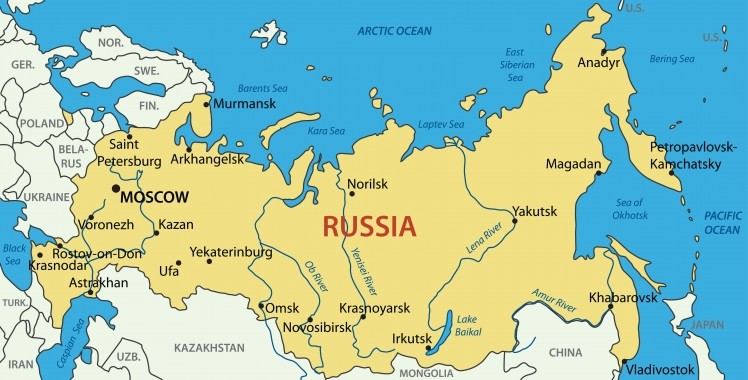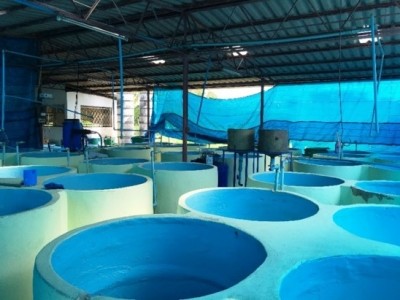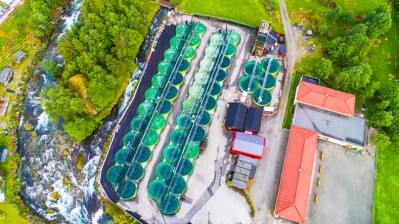Kemin to increase Russian footprint with new feed facility

Tom Verleyen, marketing director, Kemin animal nutrition and health, EMEA, told us Kemin Industries Lipetsk LLC will be located in the Central Federal District where 60% of Russian feed is being produced and 73% of Russian leading vertical integrators are concentrated.
Russia, one of the biggest feed markets in Europe, produced around 29 million tons of feed in 2015, according to Alltech’s just released Global Feed Tonnage Survey.
The construction of the new manufacturing facility is scheduled to begin in 2016 and to be completed by spring 2017.
Kemin will be producing its whole product portfolio of animal nutrition and health products which are sold in the Russian region in the new factory, including both liquid and dry products, said Verleyen.
He said the plant, whichl has enough space to allow for additional production lines later on, will target all animal segments from poultry to swine to dairy and aquaculture, leveraging the dynamism that exists currently in the Russian livestock production sector.
Supply chain risk reduction exercise
Localizing manufacturing in this way, said the feed additives producer, reduces order to delivery time for producers, ensures local availability of high quality feed ingredients, and reduces supply chain risks due to transportation. It said the site will also allow for greater collaboration between its scientists and regional players “which will likely result in new products tailored for the Russian market.”
Russian producers are increasingly focused on using feed ingredients that support efficient animal production such an enzymes and absorption enhancers as well as products which support preventive gut health, said Verleyen.
The dairy sector is also expanding rapidly and is moving towards the use of nutritional additives that support liver health and amino acid balance, he said.
Kemin, which has been selling feed ingredients in Russia for 20 years, opened a customer service laboratory in Moscow in 2014.
It also has a team of technical support staff in Russia which will operate out of the Lipetsk facility when it is up and running, said the marketing director.
Russian poultry market growth
In October, Nan-Dirk Mulder, animal protein analyst at Rabobank, told this publication Russia had reached 92% in chicken production self-sufficiency.
Due to the extended sanction on exporting countries by the Russian government and the sharp drop in feed prices following better growing conditions, the local poultry sector is flourishing: “There are shortages in other animal proteins, particularly in pork, so poultry is benefiting from a lot of trading down,” said the analyst.
More favorable market conditions are pushing margins up again and encouraging investment with Thailand’s CP Foods, for example, acquiring Severnaya poultry last summer, noted Mulder.







